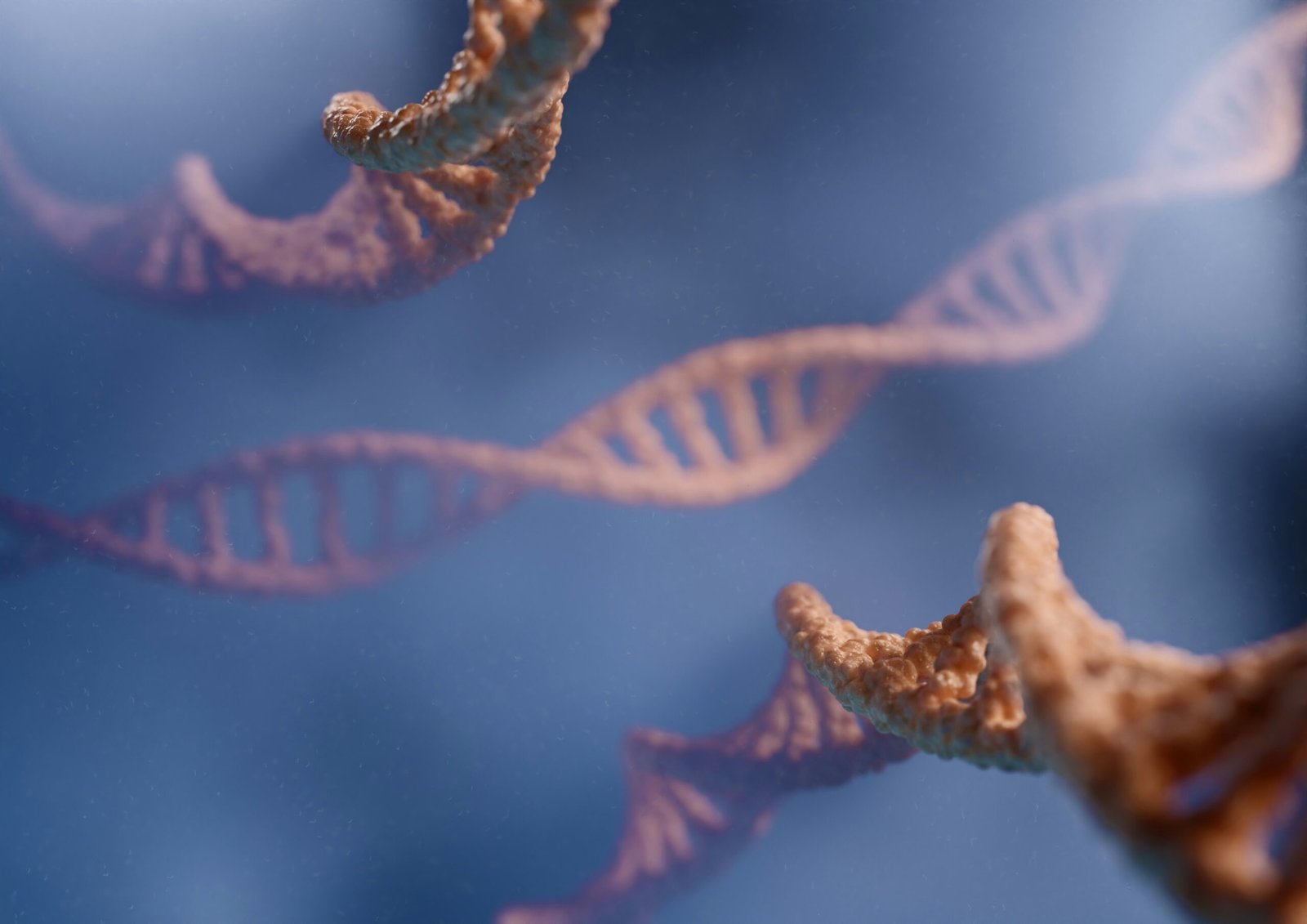A major breakthrough in genetics has earned Katalin Karikó and Drew Weissman the 2024 Nobel Prize in Physiology. Their work revealed how RNA molecules, specifically microRNAs, regulate gene activity. This reshaped our understanding of genetics and led to advancements in medical treatments like mRNA vaccines.
The Discovery: Small RNA, Big Impact
Karikó and Weissman’s research uncovered microRNAs, small RNA molecules that control genes by turning them on or off. This discovery challenged the idea that DNA alone directs gene activity. As a result, it changed how scientists understand cell functions. Their work also provided insights into diseases like cancer, where gene control breaks down.
RNA’s Role in Modern Medicine
This discovery has greatly influenced modern medicine. For example, it played a key role in the development of mRNA vaccines used to fight COVID-19. The research by Karikó and Weissman made these vaccines possible by showing how RNA could trigger an immune response.
Beyond vaccines, RNA-based therapies are now being explored to treat genetic disorders. These therapies aim to correct faulty gene regulation and offer hope for many diseases that were once untreatable.
A Path to Recognition
At first, Karikó and Weissman’s work faced doubt. Many scientists were unsure about RNA’s potential. However, they persisted, and their research led to one of the most significant discoveries in modern biology. Today, their work opens new possibilities for treating and preventing diseases.
A Global Shift in Healthcare
The impact of this discovery extends globally. With RNA-based treatments, we now have new tools to control diseases. This breakthrough will shape the future of healthcare, offering hope for many people around the world.






